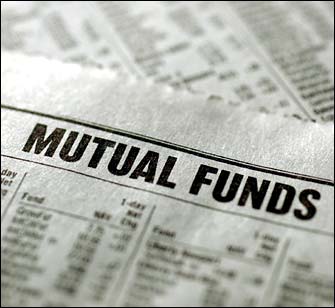Financial advisors of the world will tell you that if there's no better bet than a mutual fund if you don't have the time or the money for investing in equity{stocks}
However, the question remains is it really worth it?. All that money invested in an instrument which barely guarantees any returns yet it just may manage to consume up the entire capital in a few months.
The answer surprisingly is a YES.
Mutual Funds are one of the easiest ways to invest in a market if you are an investor.
An investor always looks at a horizon of 5 to 10 years and then chooses an appropriate fund to invest in. The point being that when you select a fund follow the following procedure :
Check the Parent Company and performance of other funds
Then check the holdings of the Fund in which you plan to put your money in
Then check the total assets under management {The larger the better}
Then check the past performance of the fund and calculate the average year on year return and not average return
Finally check as to how sound the fund manager is and what is the average amount he is paid in commission
Also check in the scheme document if there is an entry or exit load. There's a very low probability of either but why take a chance.
Follow the given steps and there is barely any chance that you will pick the wrong fund.
And finally remember to trust your financial advisor but not blindly.
-Doodle
However, the question remains is it really worth it?. All that money invested in an instrument which barely guarantees any returns yet it just may manage to consume up the entire capital in a few months.
The answer surprisingly is a YES.
Mutual Funds are one of the easiest ways to invest in a market if you are an investor.
An investor always looks at a horizon of 5 to 10 years and then chooses an appropriate fund to invest in. The point being that when you select a fund follow the following procedure :
Check the Parent Company and performance of other funds
Then check the holdings of the Fund in which you plan to put your money in
Then check the total assets under management {The larger the better}
Then check the past performance of the fund and calculate the average year on year return and not average return
Finally check as to how sound the fund manager is and what is the average amount he is paid in commission
Also check in the scheme document if there is an entry or exit load. There's a very low probability of either but why take a chance.
Follow the given steps and there is barely any chance that you will pick the wrong fund.
And finally remember to trust your financial advisor but not blindly.
-Doodle



